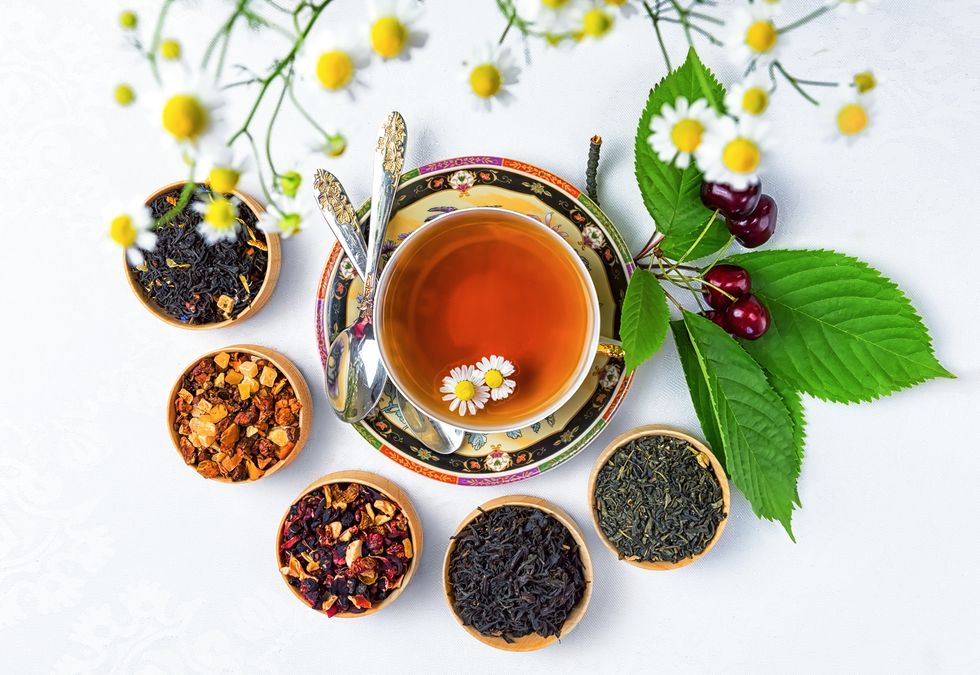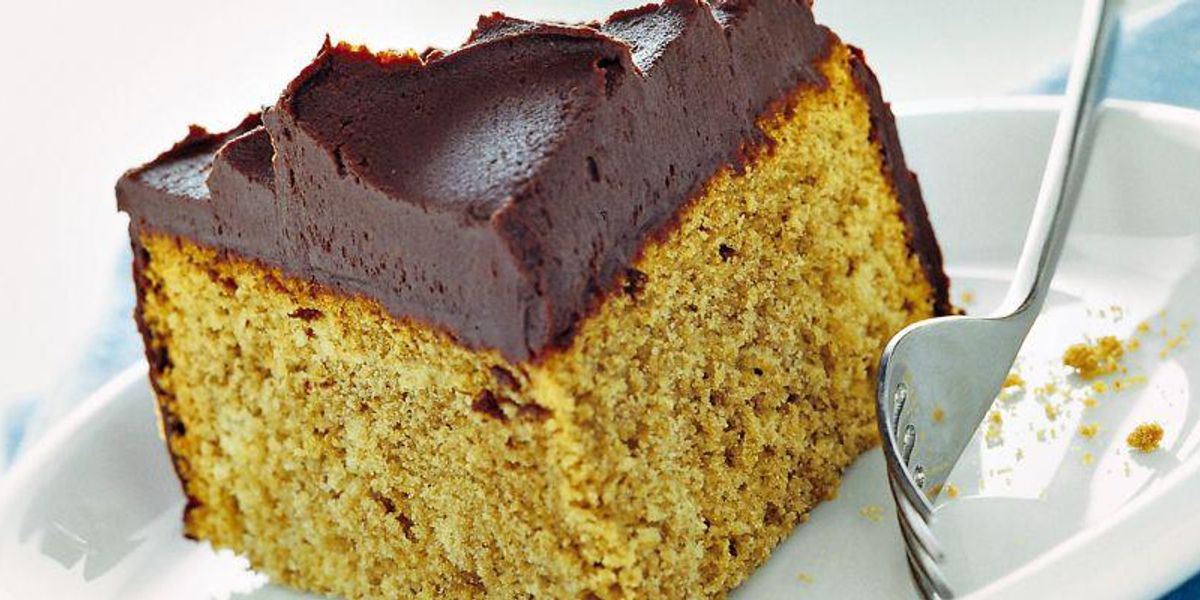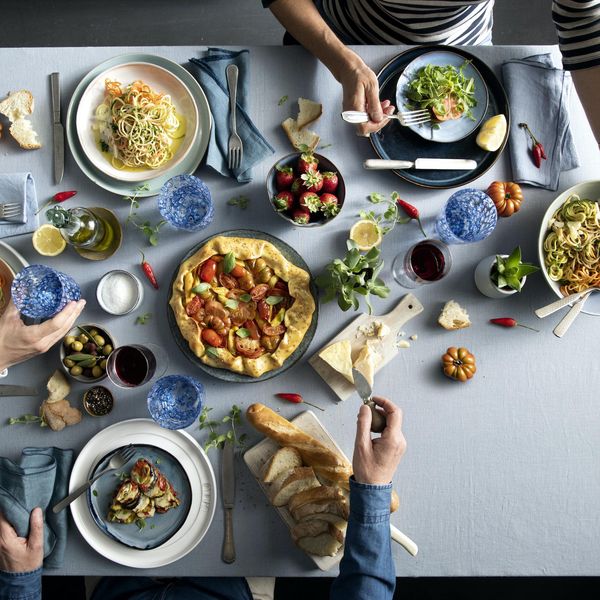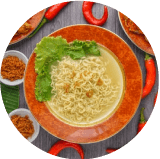
Even if they are "natural" they can interact with the metabolism or bring harmful substances, especially if made at home. Small guide to the intelligent choice of herbal teas. To avoid risks and "hoaxes"
Those that make you lose weight and those that help digestion, those that are detoxifying and draining, those that relax and those that help sleep: the herbal teas are many and the producers often promise miracles. How can you resist the lure of losing weight and inches, erasing wrinkles or having a flat stomach simply by drinking an infusion of herbs? That is without any effort and without side effects. Reality is not really like that. Herbal teas are certainly a pleasant and useful drink, but if you overdo the doses, if you prepare them at home following the wrong "recipes" or let them "age" in the pantry, then the negative effects can far outweigh the positive ones. . How many know that taking too many antioxidants (like those who drink too many detox herbal teas based on green tea) have the opposite effect to what they intended?
Natural yes, but not harmless
In herbal teas there are parts of plants rich in active ingredients, and which therefore cannot be taken indiscriminately. "We must consume them with some caution, knowing that with an herbal tea you take thousands of chemicals of natural origin, which in any case can have effects on the human body" explains Professor Maria Laura Colombo, who teaches at the Department of Drug Science and Technology of the University of Turin. These chemical compounds enter into relationship with our body, in which they can cause adverse effects or interactions with other foods and drugs. How this happens and what it causes is, to a large extent, still being studied. The advice, therefore, is to carefully read the ingredients present in herbal teas because they could have side effects: for example, those that contain fucus are diuretic, but they stimulate the thyroid gland and therefore are not recommended for hyperthyroid.
Good yes, but not for everyone
It is wrong to resort to natural remedies, considering them to be "lighter" and less invasive, especially when dealing with the most vulnerable groups of people, such as pregnant or breastfeeding women, children, the sick and the elderly. The Ministry of Health also intervened on this issue, with a note in which, before using plant derivatives or supplements, it advises to seek the opinion of the doctor or pediatrician. The doctor is therefore the only figure who can establish whether they can promote the well-being of a person, even if they have no purpose of treatment. In general, then, it is good not to drink more than one cup of herbal tea a day and often vary the type, alternating the various plants or the different mixes. “Diuretic and algae-based herbal teas should be taken from time to time, because their high iodine content can cause thyroid problems” advises Colombo.
Useful yes, but not therapeutic
By definition, herbal teas have no therapeutic purpose, otherwise they would be drugs, but only health-promoting. So "herbal teas can only play a physiological role, improving certain functions of the body in healthy people and whose vital parameters are within the normality of homeostasis" adds Maria Laura Colombo. Those that are purchased ready-made, in single-dose sachets, generally have a mild action dictated by the low bioavailability of the active ingredients, in particular when it comes to mixes obtained with different plants, which are present in quantities lower than the minimum effective one, which is equal to 1 gram. "For greater effectiveness, it is better to choose single-ingredient herbal teas or those that do not contain more than 5 different medicinal plants and leave them to infuse longer (from 5 to 10 minutes) or put 2 filters in the same cup. In the latter case, you must not go beyond two cups a day, to avoid the possible appearance of side effects ”says nutritionist Roberta Martinoli.
Simple yes, but only if done by experts
Ready-made herbal teas, sold in packs or single-serving bags, are safe. For those "tailor-made" it is good to contact a qualified person (such as a graduate herbalist) and be wary of the many do-it-yourself recipes circulating on the web. The main problem is the wrong doses that can cause intoxication, as happened to dozens of people who ended up in the emergency room for having made a herbal tea based on laurel at home following a recipe that recommended using 15 times more leaves than those. necessary. Therefore, "grandmother's recipes" are not always the best and healthiest!







